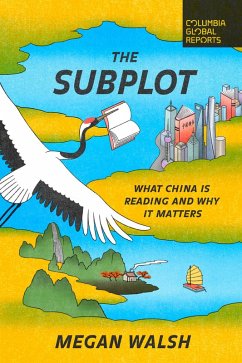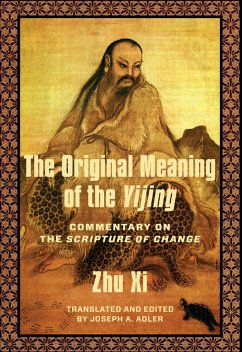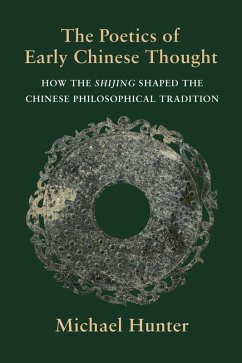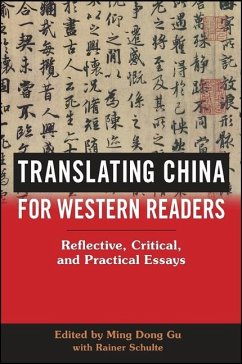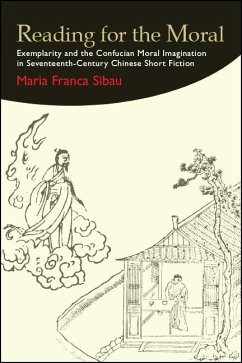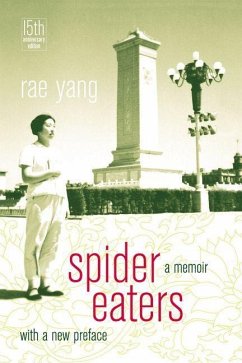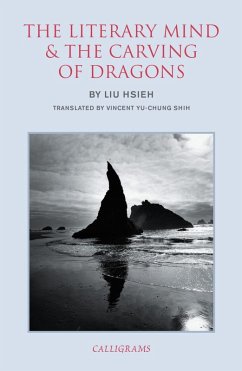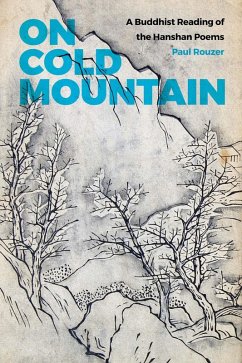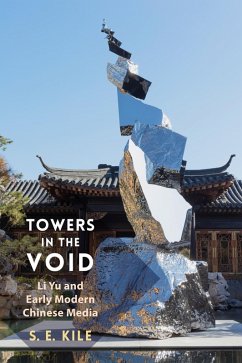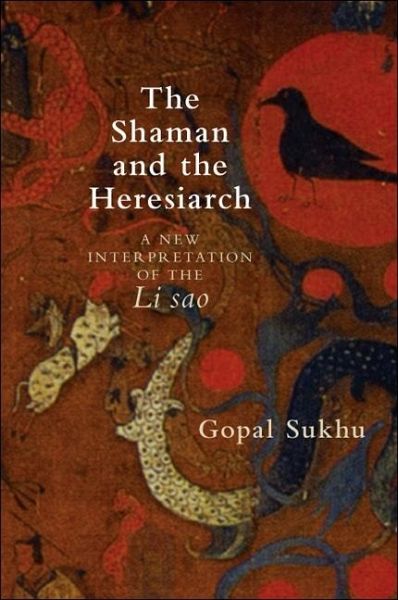
The Shaman and the Heresiarch (eBook, ePUB)
A New Interpretation of the Li sao
Versandkostenfrei!
Sofort per Download lieferbar
25,95 €
inkl. MwSt.
Weitere Ausgaben:

PAYBACK Punkte
13 °P sammeln!
The first book-length study in English of the Chinese classic, the Li sao (Encountering Sorrow). Includes translations of the Li sao and the Nine Songs.The Li sao (also known as Encountering Sorrow), attributed to the poet-statesman Qu Yuan (4th-3rd century BCE), is one of the cornerstones of the Chinese poetic tradition. It has long been studied as China's first extended allegory in poetic form, yet most scholars agree that there is very little in the two-thousand-year-old tradition of commentary on it that convincingly explains its supernatural flights, its complex floral imagery, or the gen...
The first book-length study in English of the Chinese classic, the Li sao (Encountering Sorrow). Includes translations of the Li sao and the Nine Songs.
The Li sao (also known as Encountering Sorrow), attributed to the poet-statesman Qu Yuan (4th-3rd century BCE), is one of the cornerstones of the Chinese poetic tradition. It has long been studied as China's first extended allegory in poetic form, yet most scholars agree that there is very little in the two-thousand-year-old tradition of commentary on it that convincingly explains its supernatural flights, its complex floral imagery, or the gender ambiguity of its primary poetic persona. The Shaman and the Heresiarch is the first book-length study of the Li sao in English, offering new translations of both the Li sao and the Nine Songs. The book traces the shortcomings of the earliest extant commentary on those texts, that of Wang Yi, back to the quasi-divinatory methods of the highly politicized tradition of Chinese classical hermeneutics in general, and the political machinations of a Han dynasty empress dowager in particular. It also offers an entirely new interpretation of the Li sao, one based not on Qu Yuan hagiography but on what late Warring States period artifacts and texts, including recently unearthed texts, teach us about the cultural context that produced the poem. In that light we see in the Li sao not only a reflection of the era of the great classical Chinese philosophers, but also the breakdown of the political-religious order of the ancient state of Chu.
The Li sao (also known as Encountering Sorrow), attributed to the poet-statesman Qu Yuan (4th-3rd century BCE), is one of the cornerstones of the Chinese poetic tradition. It has long been studied as China's first extended allegory in poetic form, yet most scholars agree that there is very little in the two-thousand-year-old tradition of commentary on it that convincingly explains its supernatural flights, its complex floral imagery, or the gender ambiguity of its primary poetic persona. The Shaman and the Heresiarch is the first book-length study of the Li sao in English, offering new translations of both the Li sao and the Nine Songs. The book traces the shortcomings of the earliest extant commentary on those texts, that of Wang Yi, back to the quasi-divinatory methods of the highly politicized tradition of Chinese classical hermeneutics in general, and the political machinations of a Han dynasty empress dowager in particular. It also offers an entirely new interpretation of the Li sao, one based not on Qu Yuan hagiography but on what late Warring States period artifacts and texts, including recently unearthed texts, teach us about the cultural context that produced the poem. In that light we see in the Li sao not only a reflection of the era of the great classical Chinese philosophers, but also the breakdown of the political-religious order of the ancient state of Chu.
Dieser Download kann aus rechtlichen Gründen nur mit Rechnungsadresse in A, D ausgeliefert werden.




